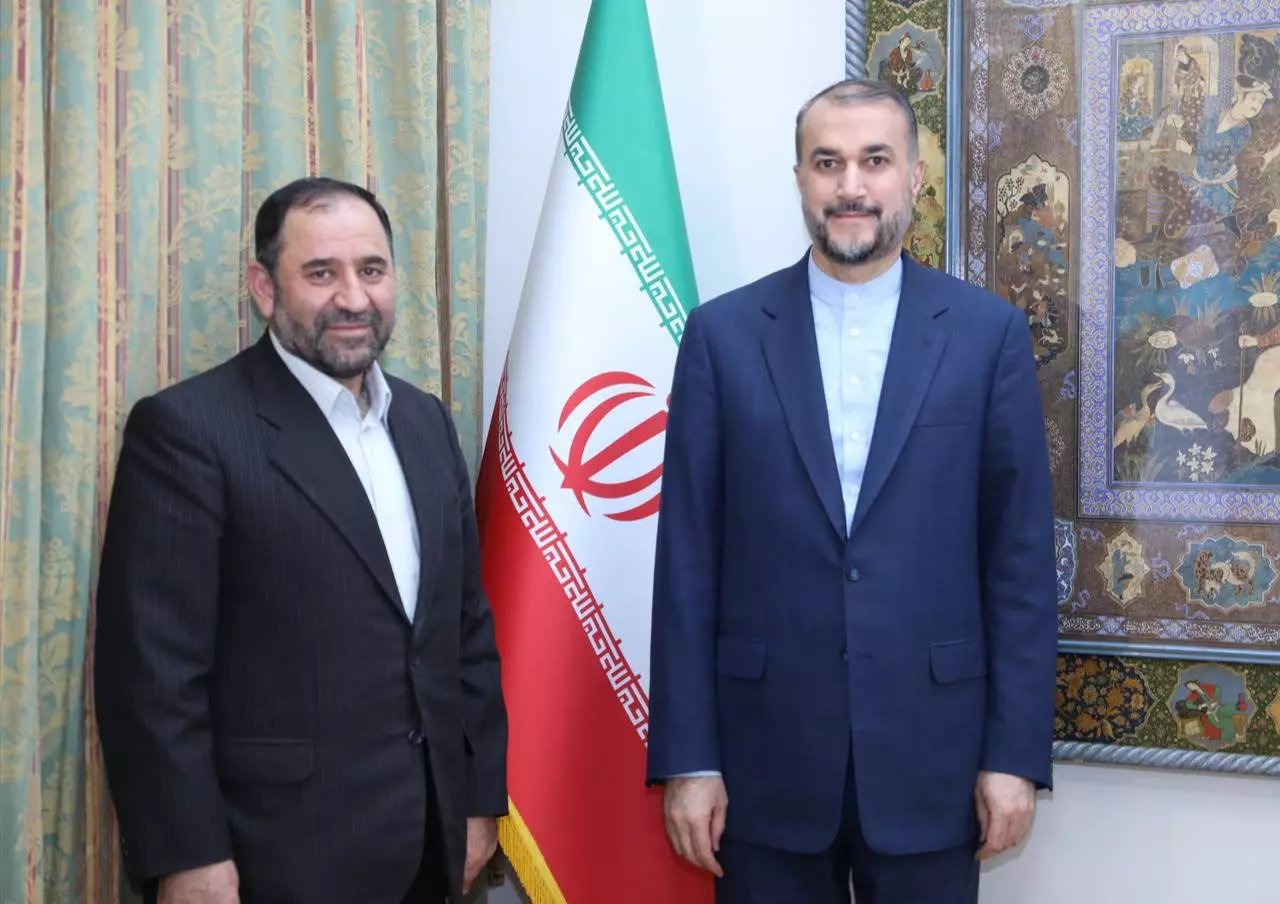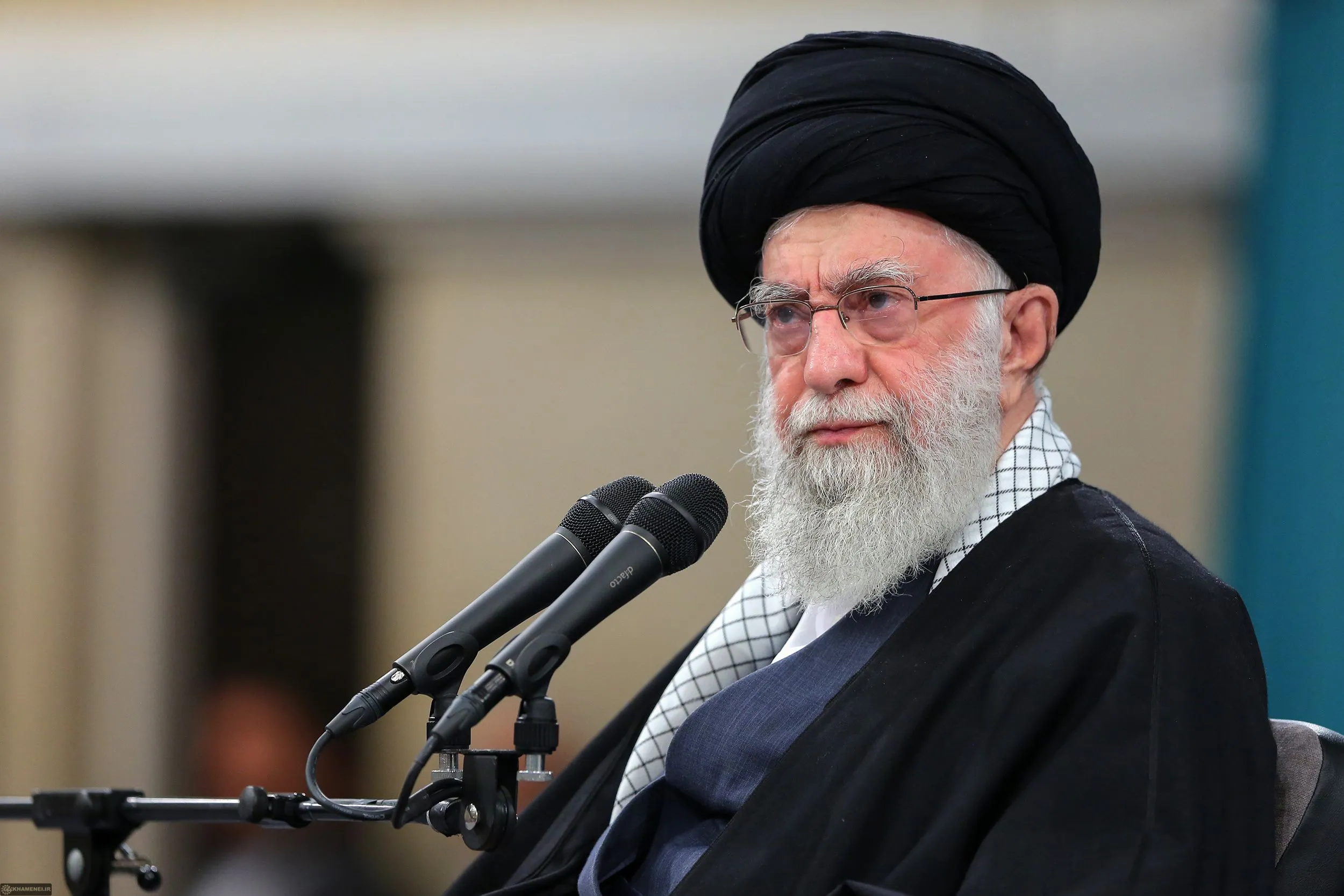The U.S. Middle East envoy, Brett McGurk, reached out to the foreign ministers of Saudi Arabia, UAE, Qatar, and Iraq, asking them to deliver a message to Iran.
This message urged Iran to lower tensions with Israel following a suspected Israeli air strike on the Iranian embassy in Syria. McGurk’s objective was to seek assistance from these Gulf nations to convey the importance of de-escalating the situation.

While the White House declined to comment on the matter, Iran’s foreign ministry confirmed that discussions took place between the foreign ministers of the aforementioned Gulf nations and Iran’s foreign minister.
These discussions centered around addressing the regional tensions arising from the suspected Israeli strike.
The suspected strike, which targeted Iran’s embassy in Damascus, resulted in the deaths of seven members of the Iranian Revolutionary Guards Corps, including a senior commander in the elite Quds Force, Mohammad Reza Zahedi.
In response, Iran’s supreme leader, Ayatollah Ali Khamenei, emphasized that Israel “must be punished and it shall be” for the attack.
Although Israel has not officially confirmed its involvement in the strike, the Pentagon acknowledged its role. The incident adds to the ongoing tensions between Israel and Iran, exacerbated by previous clashes and hostilities in the region.

McGurk’s outreach to Gulf nations reflects the United States’ efforts to mitigate escalating tensions in the Middle East.
By seeking assistance from regional allies, the U.S. aims to encourage dialogue and de-escalation between Iran and Israel, thereby promoting stability in the region.

















